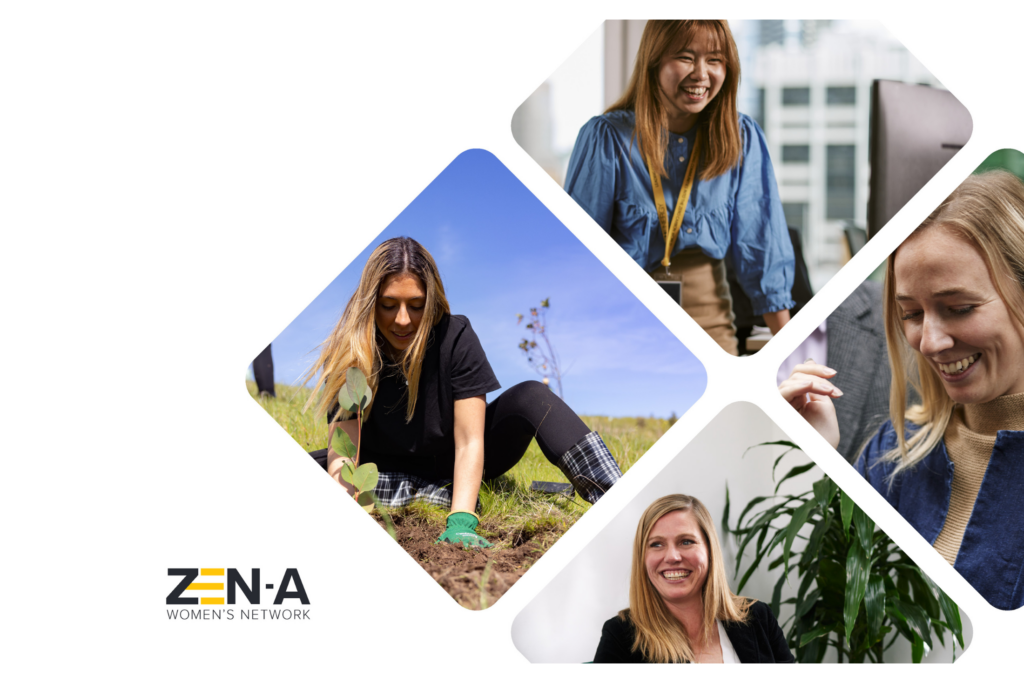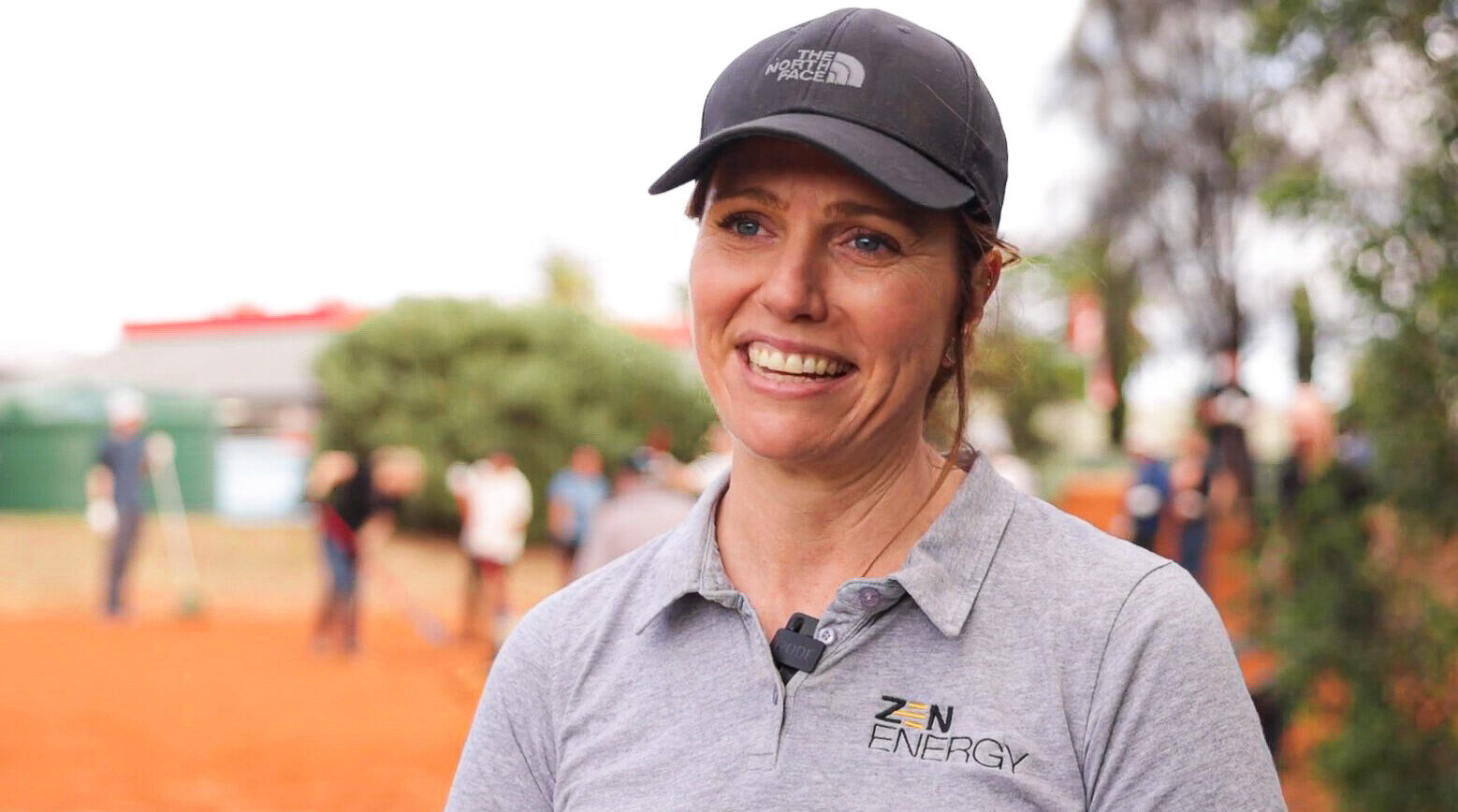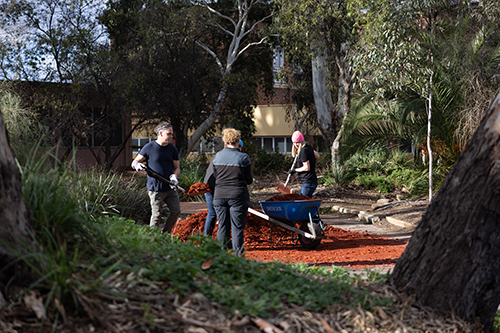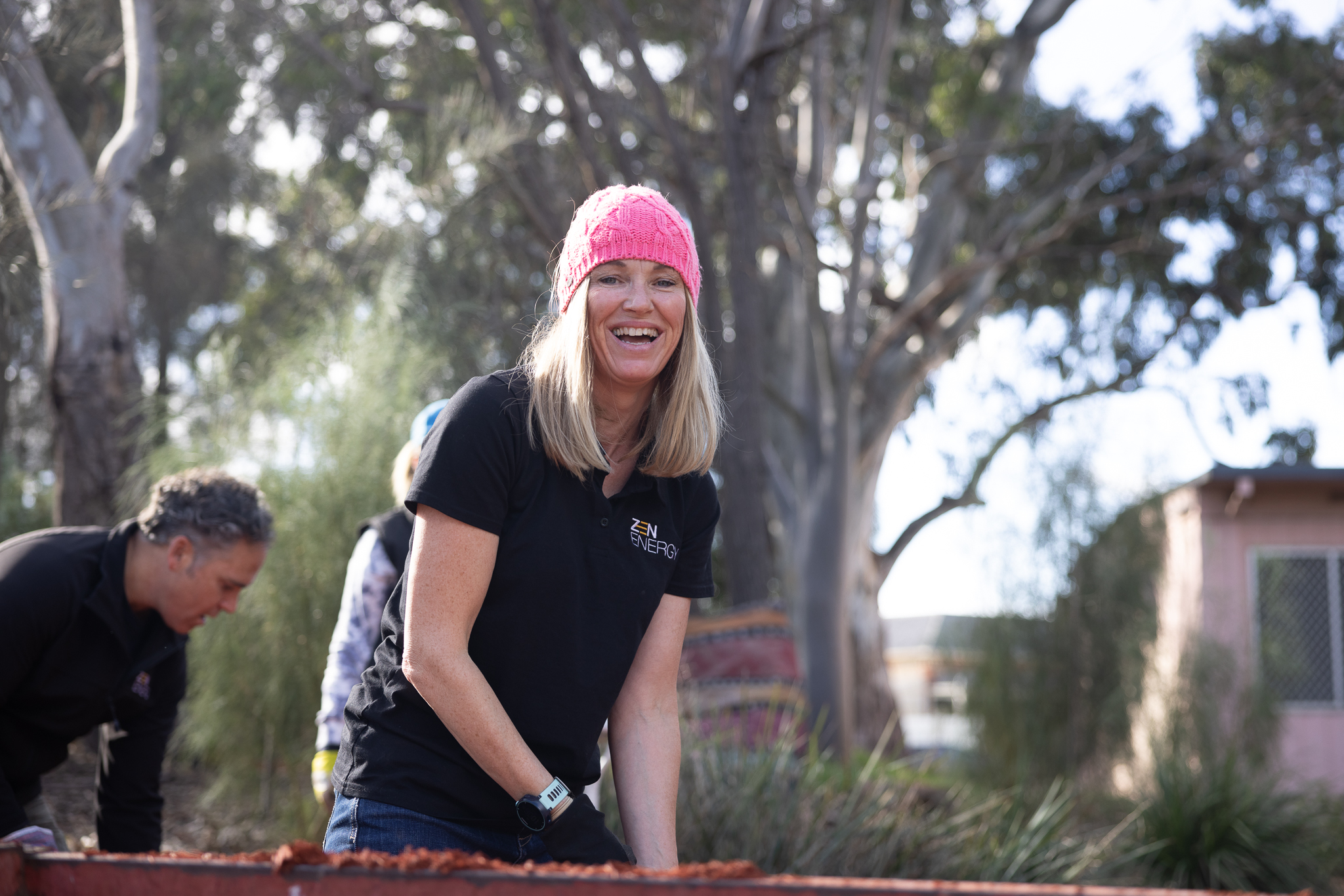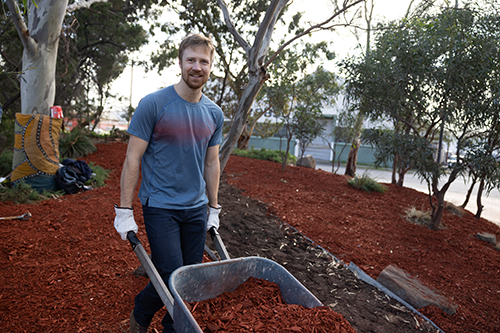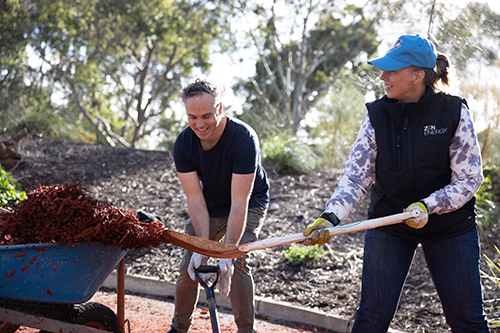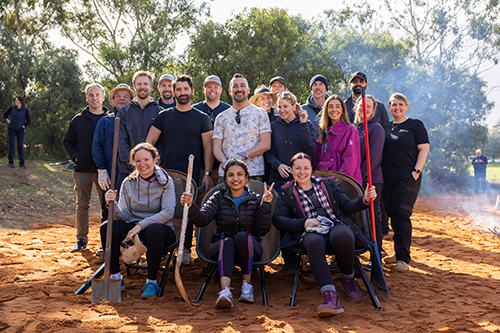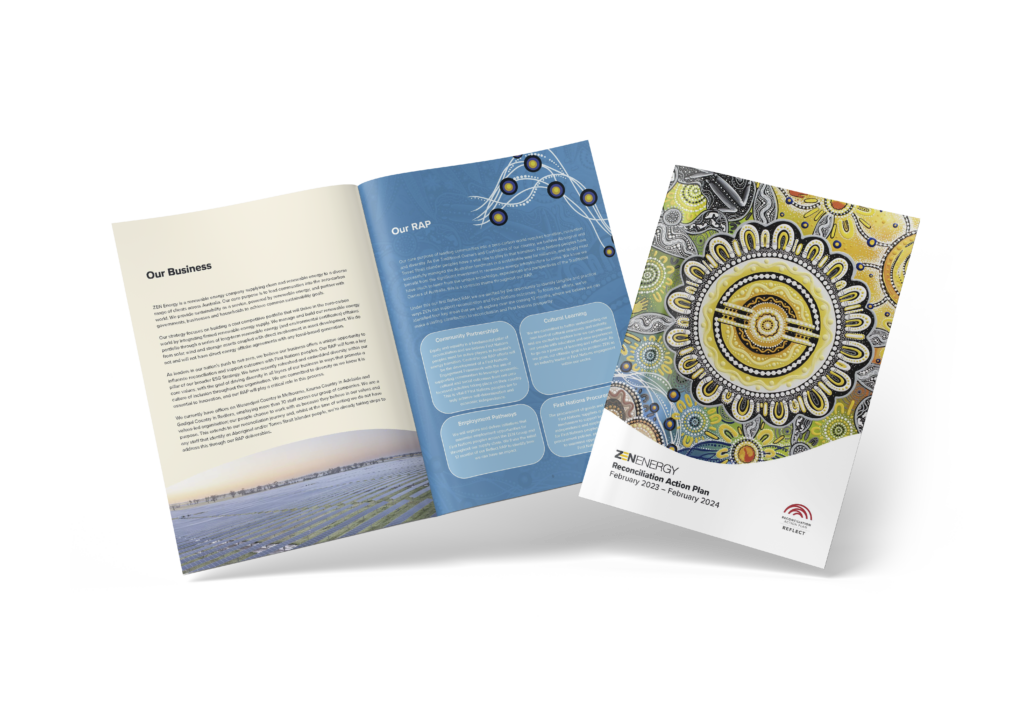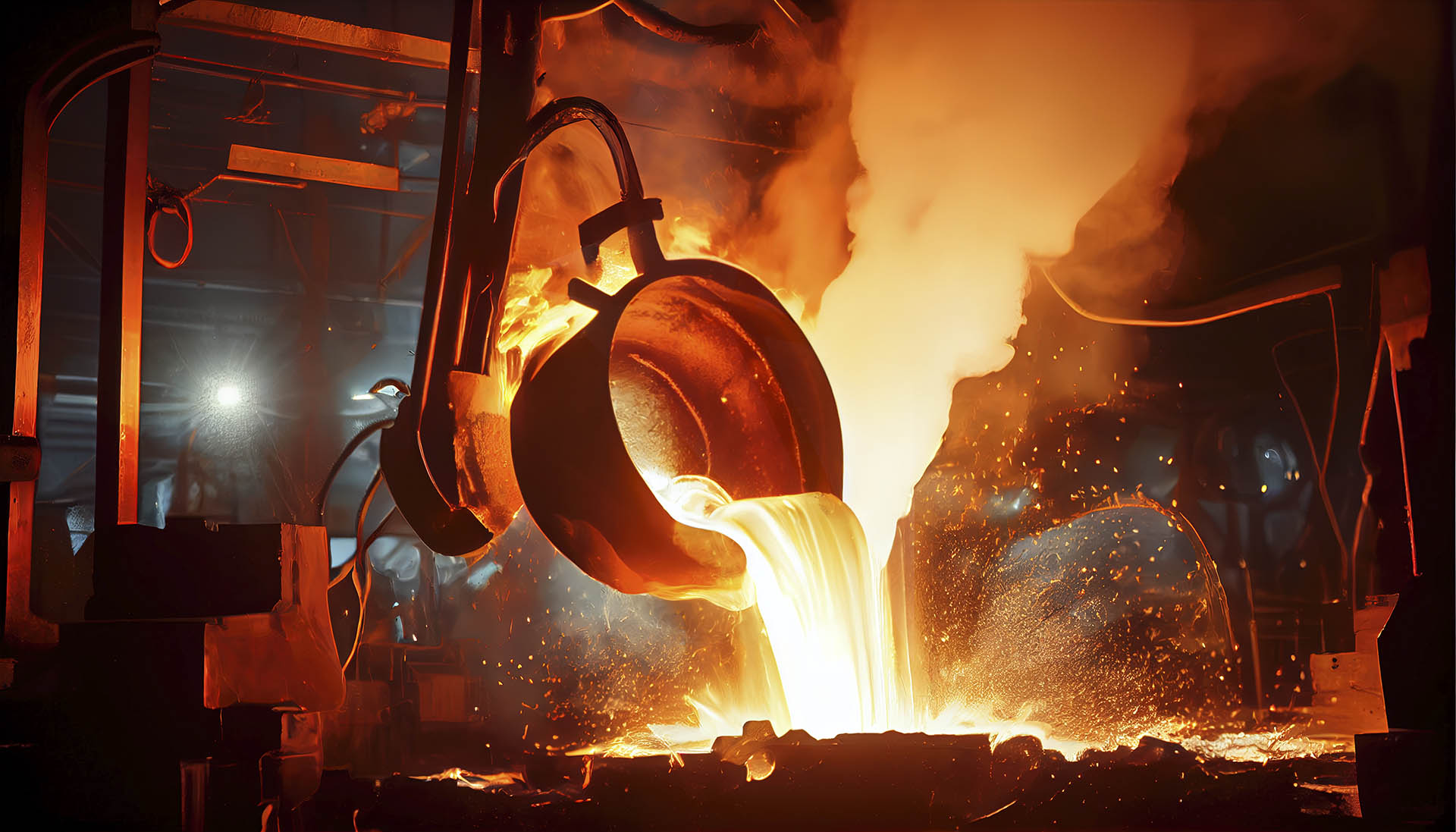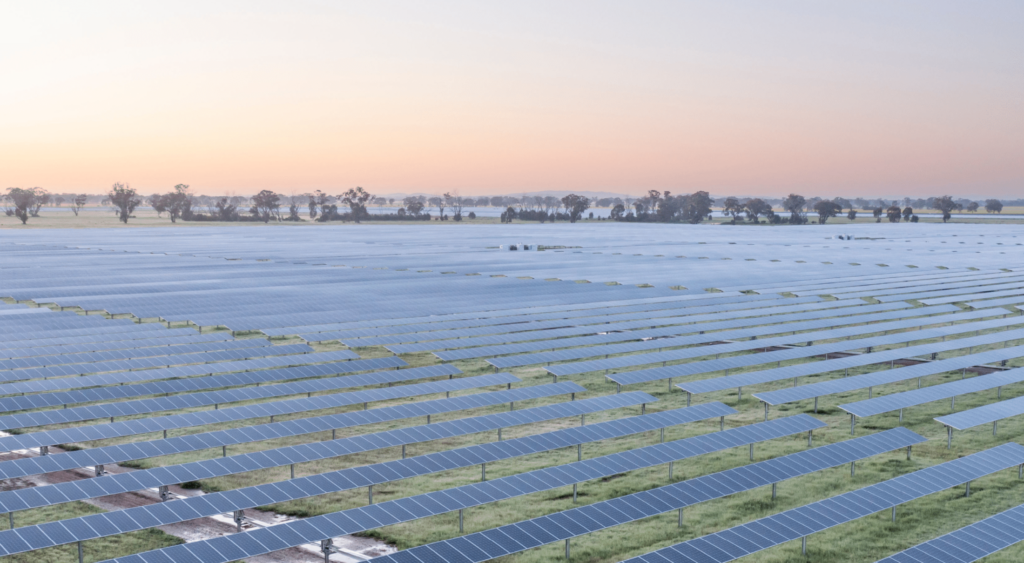ZEN secures $54M in first tranche of capital raise.
13 September 2023
Australia’s first 1.5° Energy Company secures $54M in first tranche of capital raise.
Australian owned and operated ZEN Energy is on track to raise $150 million in capital to support its ambitious renewable energy strategy, with a first tranche of $54 million secured.
Tranche A has closed at $54M with Western Australian based Hesperia, a B Corporation accredited developer and manager of sustainable projects, and ASX listed, Income Asset Management (IAM). Tranche A more than doubles any successful capital raise ZEN has transacted in the last three years and is a demonstration of capital investors’ growing confidence in ZEN’s 1.5-degree focused business model. ZEN is expecting the whole facility to reach $150M upon completion.
“Hesperia is pleased to partner with ZEN, given the strong alignment of our ethos and ambitions in providing leadership through the energy transition. ZEN’s unique business model of matching sustainability-driven customers with long-term renewable storage and generation contracts has had great success since 2020, with earnings growth exceeding 50% CAGR. We look forward to furthering our initiatives in renewable energy and supporting ZEN with its future growth plans,” said Adrian Fini, Director of Hesperia.
“IAM contributed an initial raising of $20M of Tranche A. We were impressed with ZEN’s approach to Australia’s energy transition, its significant commercial and government customer pipeline and its plans for ongoing growth. ZEN is one of the clear leaders in the renewable energy industry and generated a significant EBITDA result in FY23,” said IAM’s CEO, Jon Lechte.
“This capital will enable us to continue to accelerate our growth plans across Australia. Our business model is robust, and we are excited to attract so many new investors especially those from the West, who are keen to take their part in the energy transition,” said ZEN’s CEO Anthony Garnaut.
ZEN is raising capital to fund the next phase of growth. This is characterised by scaling its current profitable business model as well as laying the foundation for the business to develop and own physical renewable and storage assets and grow into a leading energy retailer.
“With this injection of capital, ZEN plans to bring on more renewable energy and storage into our portfolio, including from assets that we are developing. This will enable us to scale our partnerships with existing and new sustainability driven customers to accelerate their path to 100% renewable,” added Anthony.


